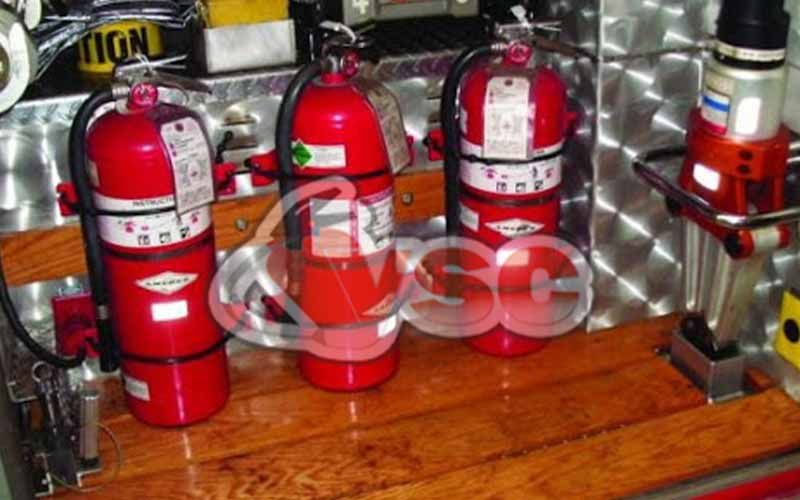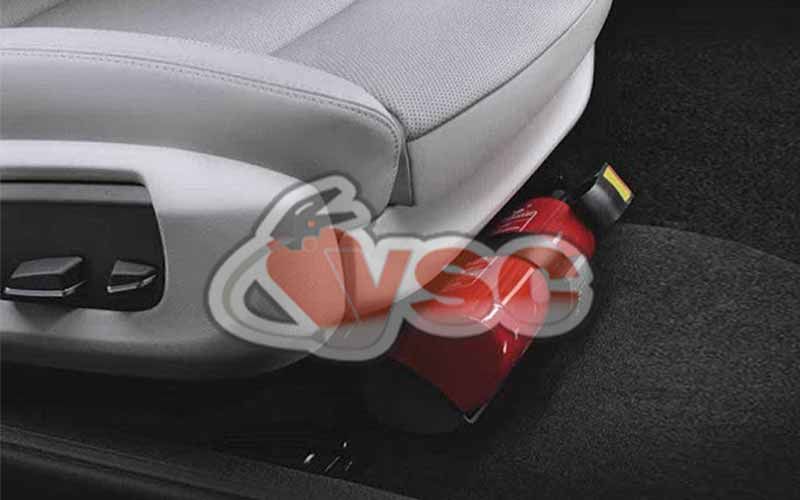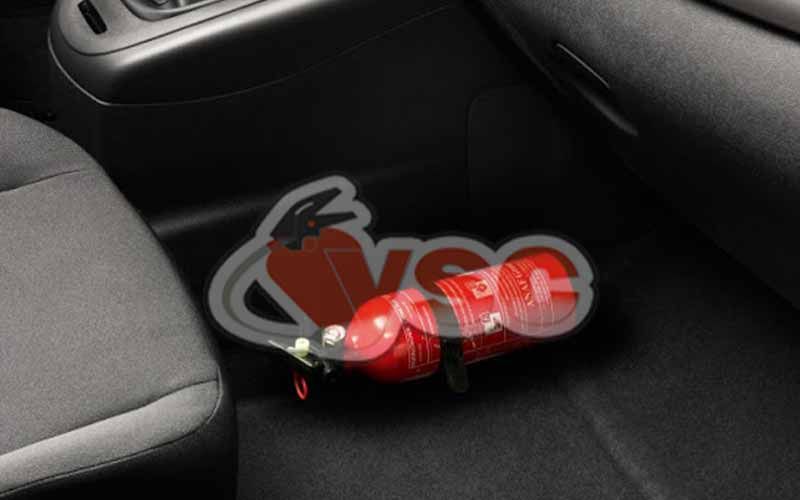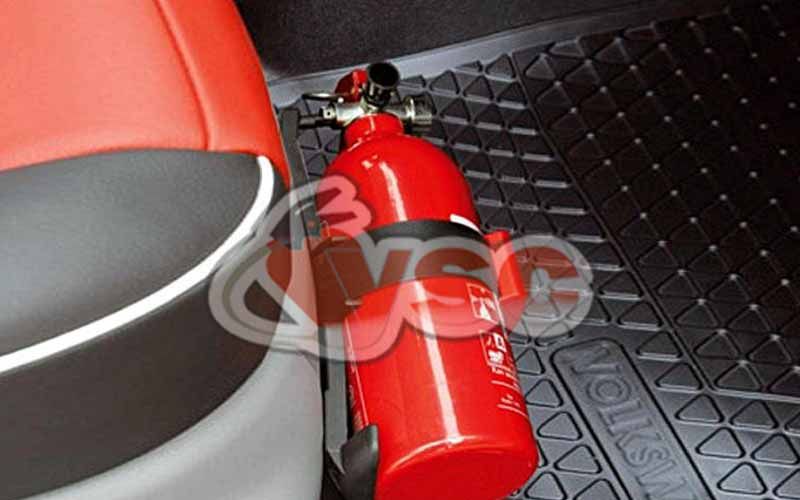Vehicle Extinguishing Systems (Tube, Maintenance)
According to relevant regulations, it is mandatory to have fire suppression systems in vehicles. The presence of fire extinguishing cylinders listed as a severe defect during vehicle inspections highlights the necessity of these systems. Although we may not pay much attention to them during normal times, vehicle fire suppression systems are of vital importance in times of need, and everyone should be more sensitive to this matter.
Regular maintenance and easy checks are essential to ensure that vehicle fire suppression systems function properly when needed. Neglecting these systems can have severe financial and emotional consequences if they fail to work when required. Those who have experienced a fire incident can attest to the importance of having a functional vehicle fire extinguisher. Considering that commercial vehicles involved in passenger and cargo transportation are at greater risk, there is no need to experience the damages of preventable fires with a simple precautionary measure.
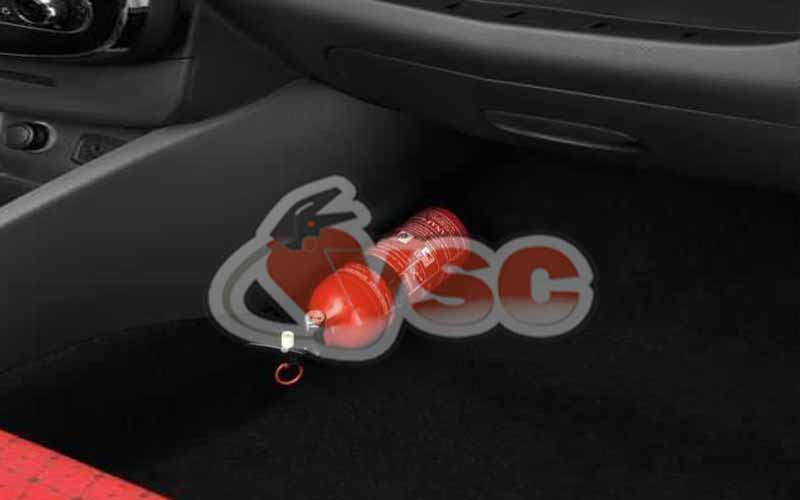
Vehicle Fire Extinguisher
The vehicle fire extinguisher, with its regular maintenance and refilling done by relevant companies, is one of the most important firefighting tools that you should have in your vehicle. It is a crucial element that should be easily accessible and usable in case of a sudden fire incident in your vehicle. During annual or biennial inspections, the presence and condition of the fire extinguisher are always checked and questioned. You should keep it in your vehicle not just because it is a legal requirement but primarily to protect your vehicle from potential fires.
Vehicle fire extinguishers come in different sizes to suit various types of vehicles. The dimensions of fire extinguishers differ for small private vehicles, minibusses, buses involved in short or long-distance passenger transportation, trucks, and other panel vans. The fuel type of the vehicle and the type of cargo being transported are factors that determine the content and weight of the fire extinguisher. Knowing this information is of utmost importance for drivers and vehicle owners to prevent potential damages.
In case of a fire, it is essential to quickly open the fire extinguisher's valve and spray it onto the flames. For this, the fire extinguisher must be in good condition and properly pressurized, and the user must be experienced in handling it. You can request training from the company that refills the fire extinguisher to ensure that you are prepared for emergencies. This way, you will be ready for any urgent situation that may arise.
Vehicle Extinguishing Systems Filling
I wish to emphasize that the cost of refilling vehicle fire extinguishers is quite reasonable, and I highly recommend getting them refilled. Even if you haven't used them, over time, the gas inside may deplete. During regular maintenance and pressure checks, the authorized company will inform you if refilling is required.
The expiration date on the fire extinguishers indicates the useful life of the gas inside. Extinguishing agents lose their effectiveness after a certain period, leading to a decrease in pressure. Therefore, it is crucial to heed the recommendations of experts appointed by the authorized company for refilling. Having fully charged and pressurized fire extinguishers will provide you with peace of mind.
The vehicle fire suppression system is a matter of great importance, and users play a significant role in this. Fire extinguishers are one of the most critical components, and they are already inspected during vehicle inspections. Regularly checking them and ensuring their proper condition is essential. Your diligence in this matter will contribute to the effectiveness of the fire suppression system in case of emergencies.
-
FM-200 Gas Fire Suppression Systems
-
Kitchen Hood Fire Suppression Systems
-
Sprinkler Fire Suppression Systems
-
Carbon Dioxide Extinguishing Systems, CO2 (What is it? How is it used?)
-
FE25 Gas Extinguishing Systems (Working Principle and Price)
-
In-Panel Micro Extinguishing Systems (Electricity Panel)
-
Clean Gas Fire Suppression Systems (How Does It Work? Gases Used?)
-
NOVEC 1230 Fire Suppression Systems (Gas)
-
Argon Gas Extinguishing Systems (INERT Gas, Turnkey)
-
Vehicle Extinguishing Systems (Tube, Maintenance)
-
Fire Detection and Warning Systems
-
Foam Extinguishing Systems




